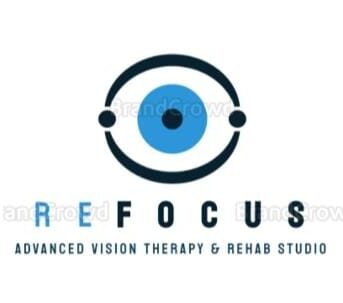A Neuro-Optometric Rehabilitation Clinic specializes in diagnosing and treating visual impairments resulting from neurological conditions such as traumatic brain injuries (TBI), strokes, multiple sclerosis, and Parkinson’s disease. These clinics employ a multidisciplinary approach to address visual dysfunctions that affect daily activities, aiming to enhance patients’ quality of life.
🧠 What is Neuro-Optometric Rehabilitation?
Neuro-Optometric Rehabilitation is a specialized, individualized treatment regimen designed for individuals experiencing visual impairments due to physical disabilities, traumatic brain injuries, strokes, and other neurological conditions. Optometrists trained in this field assess various functions of the visual system, including eye coordination, focusing ability, eye tracking, visual processing, and integration of vision with other systems.
👁️ Conditions Treated
Patients with the following medical histories may benefit from a neuro-optometric evaluation:
- Traumatic brain injury (TBI)
- Concussion
- Stroke
- Chronic brain inflammation
- Multiple sclerosis (MS)
- Parkinson’s disease
- Neurological conditions affecting the nervous system, such as Lyme disease
🛠️ Treatment Approaches
After a comprehensive evaluation, a customized treatment plan is developed, which may include:
- Specialized Prescription Glasses: Designed to enhance visual processing and reduce discomfort.
- Vision Rehabilitation Programs: Combining in-office and at-home exercises aimed at improving functional vision for daily activities.
- Prism Therapy: Utilizing prisms to address visual field deficits and improve spatial orientation.
- Light and Color Filters: To manage photosensitivity and enhance visual comfort.
- Collaboration with Other Specialists: Working alongside neurologists, physiotherapists, occupational therapists, and speech-language pathologists for comprehensive care.
